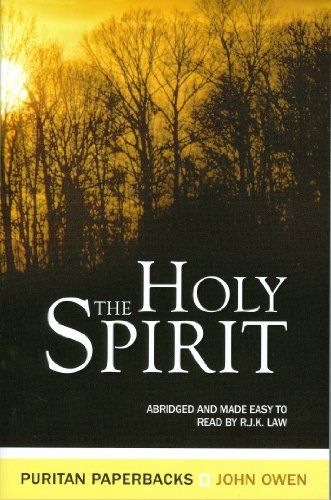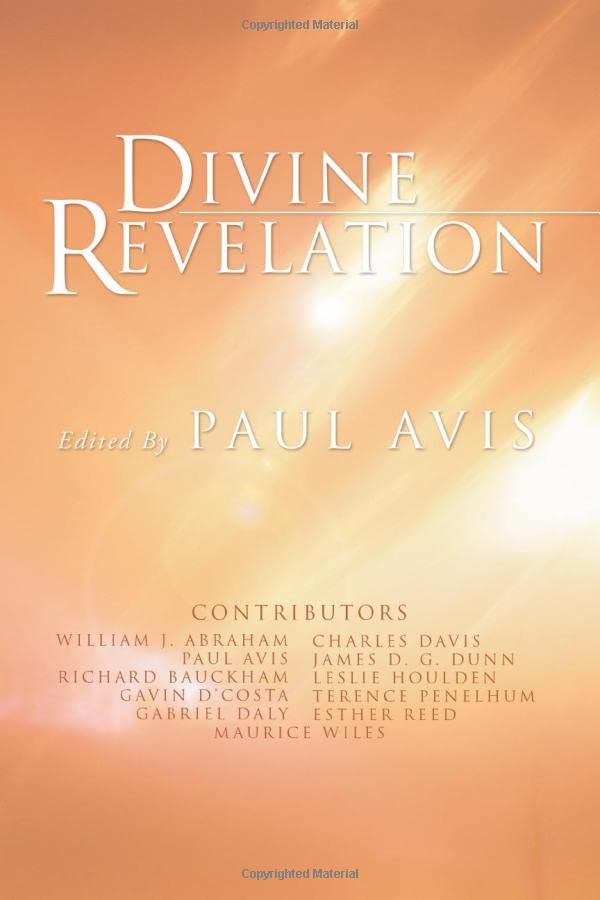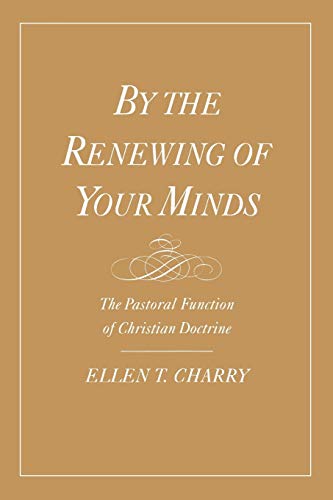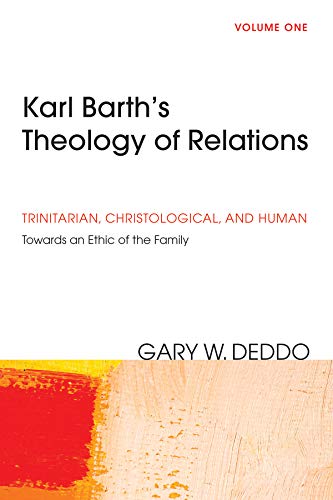The Holy Spirit
Written by John Owen, Abridged by R.J.K. Law. Reviewed By Carl TruemanThis volume is the latest in a series of abridgements of the writings of John Owen which have been commissioned by the Banner of Truth in recent years. The idea is to place the essence of Owen’s theology into the hands of those for whom his original prolix, technical and sometimes opaque prose may well prove too daunting. This particular book summarises volume 3 of the nineteenth century Gold edition of Owen’s works, containing the first five books of his massive study of the Holy Spirit.
The significance of Owen as a theologian can scarcely be doubted, and he is arguably the greatest theologian England ever produced. That he was airbrushed out of theological history after 1660 by an Anglican church for whom aspirations to social status and political influence have always been more important than biblical fidelity says far more about the parochialism of the English establishment than any mediocrity inherent in Owen’s theology. His grasp of patristic, medieval, and Reformation theology, of ancient, medieval and renaissance philosophy, his acuteness as an exegete, and his profound understanding of the theology of those with whom he disagreed, specifically the Catholics and the Socinians, meant that, by the standards of his day, he had no peer. In addition, like all great theologians from Augustine to Pannenberg, his thought defies reduction to one or two big ideas: his constant dialogue with the biblical text, with the broad Christian tradition, and with contemporary intellectual trends, meant that his work possessed a poise and balance from which we might all learn.
Therein, I believe, lies the problem with the current volume. While it is a useful summary of Owen’s theology, Owen it most emphatically is not. The very nature of Dr Law’s task requires that references to other great thinkers are omitted, that subtle arguments are simplified or removed, and that the constant dialogue with theological tradition and trends is conspicuous only by its absence. The result is a nice summary of one strand of Reformed thinking on the Holy Spirit and, if the book serves to encourage individuals to grapple with the original texts, then it has served a very useful purpose and is to be welcomed. Indeed, if you want to introduce a non-theological friend to Reformed theology, this book provides a most appropriate way of doing so. Nevertheless, for readers of Themelios, Owen should fulfil a much broader function in showing us how biblically faithful theology can be done in a manner which is truly catholic and in no way obscurantist. Only the originals can do this, because only there is Owen’s method to be found in action. Even in the current climate of government-inspired cultural illiteracy, those few who have not bowed the knee to the dumbed-down Baals of modern education and still subscribe to Themelios should wrestle with the real thing, which is, by the way, still in print and available from Banner of Truth.
Carl Trueman
Carl Trueman is Professor of Biblical and Religious Studies at Grove City College in Grove City, Pennsylvania.






